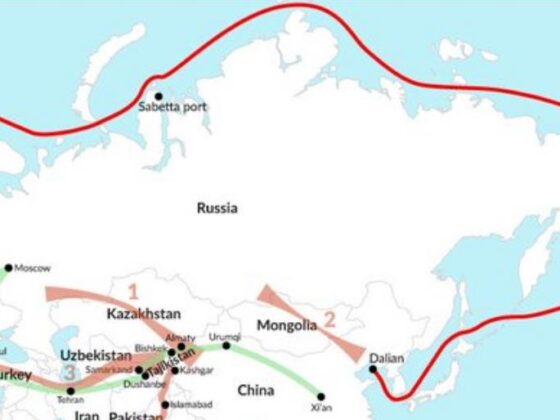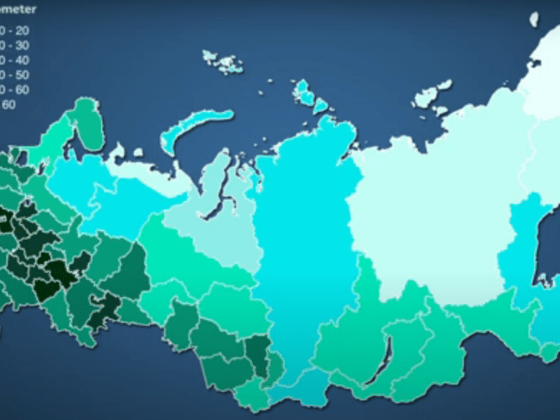(IJPH) With the realization that a vaccine to SARS-CoV-2 is essential to gain control of the pandemic, many have expressed legitimate concerns about vaccine hesitancy. Vaccine hesitancy, defined as the delayed acceptance of or refusal to accept an available vaccine, is a global problem that is on the rise. Just a year before the SARS-CoV-2 pandemic, vaccine hesitancy was considered one of the top 10 global health threats. Country-specific longitudinal trends prior to the COVID-19 pandemic show the impact of anti-vaccine movements and misinformation on vaccine hesitancy in some countries and regions. These results indicate that much of the world falls short of effective vaccine acceptance levels for COVID-19 herd immunity, especially when there are concerns about vaccine safety. The reluctance to receive a vaccine during a pandemic is not without precedent, as illustrated by the large portion of adults who refused to be vaccinated during the 2009 H1N1 influenza pandemic. An effective vaccine for COVID-19 cannot be successfully deployed if a significant number of people worldwide are unwilling to accept it. Given the global nature of COVID-19, it is essential to understand the dynamics of vaccine hesitancy in different countries and contexts, to fully appreciate the reasons for hesitancy, and to develop strategies and interventions for achieving herd immunity.
Although most scholars agree that the primary drivers of vaccine hesitancy are often context-specific, there is some consensus that confidence and trust play a critical role in reducing vaccine hesitancy across contexts, particularly when it comes to public healthcare providers. Concerns about vaccine hesitancy during the current SARS-CoV-2 pandemic, for example, were partially attributed to the decline in trust in science and medicine across the globe. Conversely, recent research, prior to the COVID-19 pandemic, has found not only that trust in scientists and healthcare professionals is higher than expected around the world, but also that there is a strong relationship between trust in scientists and medical professionals and perceptions of vaccine safety and effectiveness. While this is good news, there remain important gaps in our understanding of what types of trust and confidence are most critical to vaccine acceptance, how this varies across countries, and the role of trust and confidence in the context of a global pandemic.
Our multidisciplinary group conducted a seventeen-country survey to address gaps in our knowledge of vaccine hesitancy by investigating the relationship between vaccine hesitancy and different types of trust and confidence. Whereas previous studies have focused on trust and confidence in scientists and domestic healthcare professionals, we explore whether trust and confidence in other key domestic actors, including politicians and religious leaders affect vaccine hesitancy. We also build on past studies by exploring the relationship between confidence in global, national, and local health organizations and vaccine hesitancy. Our cross-national survey provides some insight into how the relationship between different kinds of trust and confidence and vaccine hesitancy varies across countries. These findings could help inform context-specific approaches to addressing vaccine hesitancy. Because our survey was conducted during the first wave of the SARS-CoV-2 pandemic (May-June 2020), moreover, it adds critical insight into our understanding of how trust and confidence is linked to vaccine hesitancy early on in a pandemic.
Read More © International Journal of Public Health (IJPH)
Image credit











